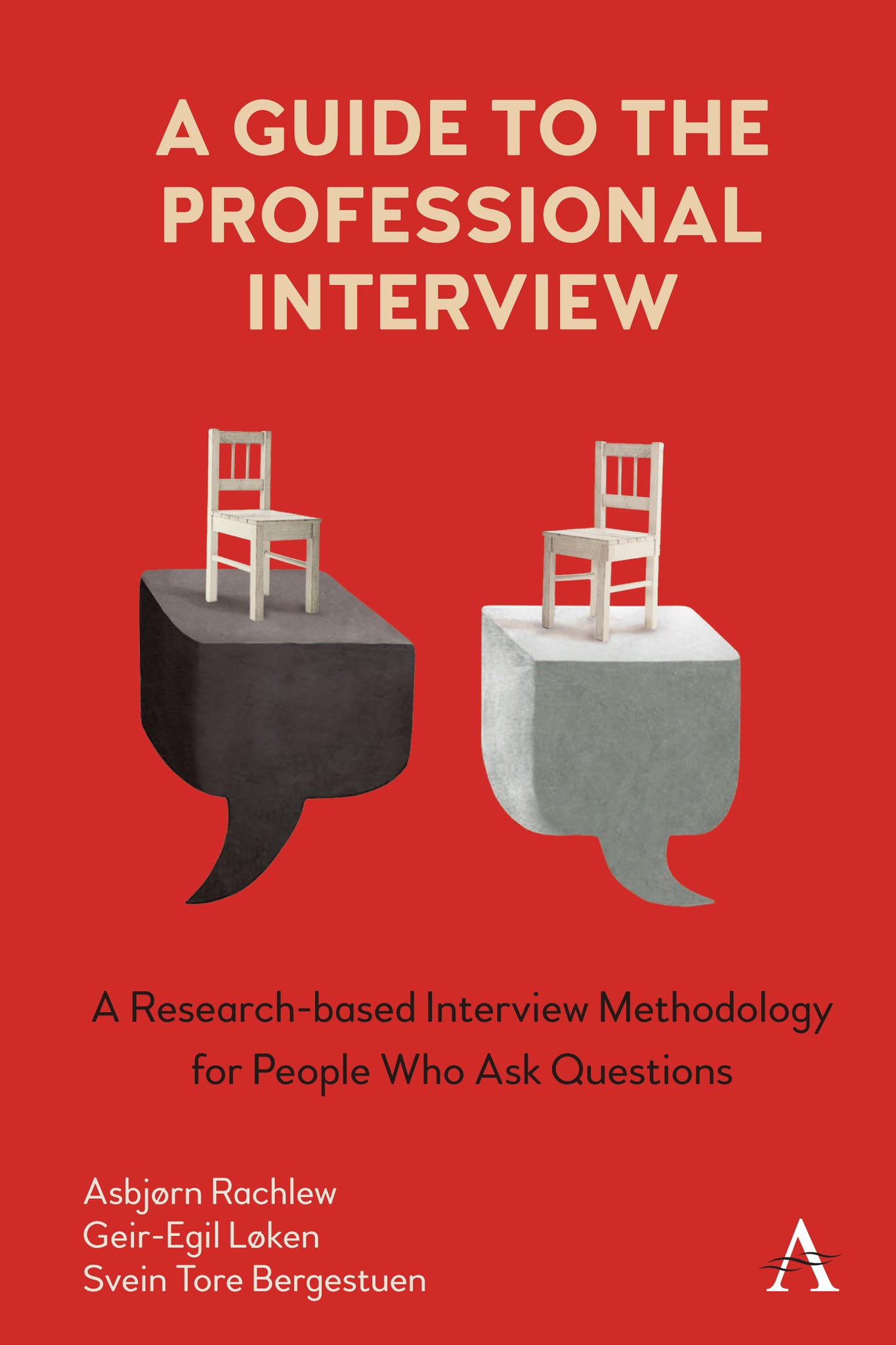We're sorry. An error has occurred
Please cancel or retry.
A Guide to the Professional Interview

Some error occured while loading the Quick View. Please close the Quick View and try reloading the page.
Couldn't load pickup availability
- Format:
-
05 April 2022

The world is loaded with information. We enjoy immediate access to most of it through laptops, smartphones and the Internet. There is, however, a great deal of information that professionals cannot reach unless they talk to their clients, patients, job applicants and others. In fact, the number of professions in need of accurate and reliable information through professional conversations is huge. The way professionals approach these interpersonal meetings will have profound impact not only on the subsequent decisions the information-gathering is intended to support but also equally on the clients' trust in the interviewer and their organisations. No interview setting has been subjected to more systematic and critical research than police detectives in their interpersonal encounters with victims, witnesses and suspects of crime. This research has provided the police with innovative interviewing techniques. The knowledge and principles underpinning the concept of Investigative Interviewing, its models and techniques, provide more accurate and reliable information than any other known interview technique. It is founded on ethical, interpersonal communication theories and informed by cognitive and social psychology. Equally important, it is designed for practitioners and delivered through a practical step-by-step model – a model we are confident is of great utility value, far beyond police stations.

PSYCHOLOGY / Cognitive Psychology & Cognition, Cognition and cognitive psychology, PSYCHOLOGY / Interpersonal Relations, SELF-HELP / Communication & Social Skills, Interpersonal communication and skills, Sociology: family, kinship and relationships, Self-help, personal development and practical advice

“The authors of this volume make a decisive contribution to the practice of rapport-based interviewing, a methodology that is revolutionizing the way suspects, witnesses and victims are questioned in criminal investigations and other information gathering. This revolution is long overdue: human dignity of all persons demands an end to confession-driven interrogation that all too often results in torture and illegal coercion. This book provides answers from professional experience and from rigorous scientific research.”—Juan E. Mendez, Professor of Human Rights Law in Residence, Washington College of Law, US
Preface; Prologue; Part 1; 1. Introduction; 2. The Foundation of the Method; 3. Psychology; 4. Communication; Part 2; 5. The Method; 6. Planning and Preparation; 7. Engage and Explain—Establishing Rapport; 8. The First Free Recall; 9. Exploration and Clarification; 10. Closing the Interview; 11. Evaluation; Epilogue; Acknowledgments; Bibliography; Index.



